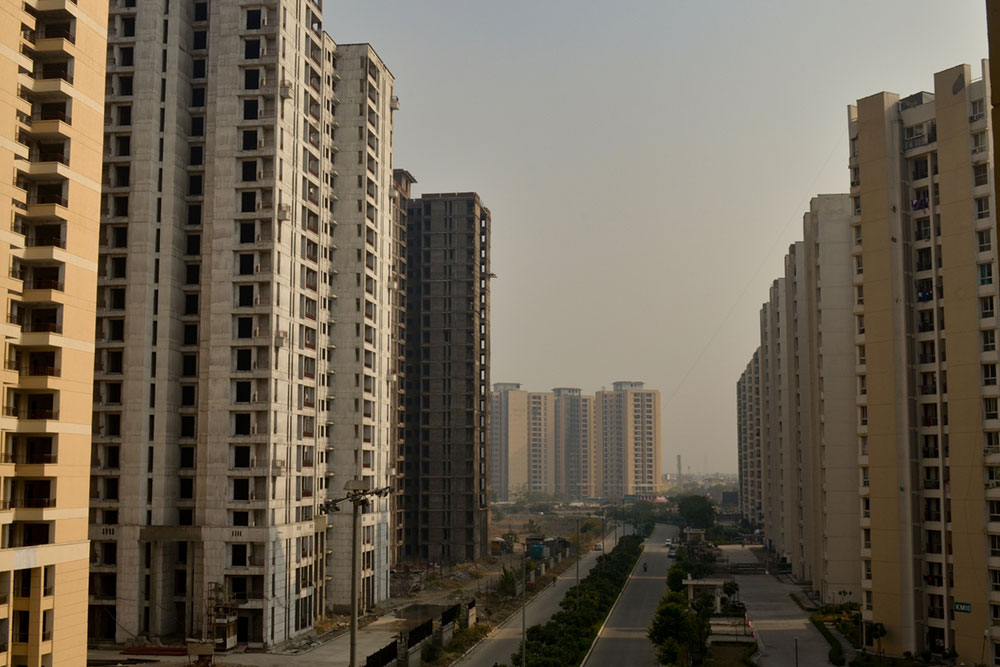
8 things to consider when buying a flat in Mumbai
Buying a flat in Mumbai is a dream for many. Thanks to its bustling nature, promising job opportunities, and raging nightlife, the commercial capital of India promises a better lifestyle for many. Unfortunately, its commerciality and popularity also come with a major drawback in the form of high property rates. With the real estate market being as competitive as it is today, knowing the ins and outs of buying property in Mumbai is important.
1. Create a budget
The cost of real estate is extremely high in Mumbai. Before beginning scouting, one needs to pay special attention to their finances and outline a realistic budget for their purchases. Rates in the city also fluctuate greatly based on the location of the property, with housing being cheaper in the suburbs. They also vary based on a property’s configuration and the amenities it offers, so it is a wise idea to factor these into the budget-setting process. Working with a set figure will help one narrow down their choices and find a space that fits their needs.
2. Consider the location
One of the most important things working professionals consider is how far their home is from their workplace. One needs to find a flat that offers a mix of convenience, comfort, connectivity, and work-life balance. Generally, homes tend to be more expensive around South Mumbai, Bandra, Andheri, and Powai, as these places are in high demand because of their infrastructure and connectivity. Additionally, those with families need to consider factors such as the flat’s proximity to school, access to playgrounds, and general safety.
3. Check the facilities
The facilities available in different buildings and homes vary greatly. One might want to look for homes with basic amenities like parking, a lift, a garden, and security. More luxury buildings may also provide access to facilities like a swimming pool, gym, recreational center, playground, and club. When buying a flat, one must consider the amenities they require so they do not feel like they are missing out in the future.
4. Consider the flat’s size and layout
A home must match one’s current and possible future needs and preferences. Those with a family and a pet might be interested in looking at bigger properties, while single, working professionals might be content investing in a smaller flat. The overall size and layout of the home will significantly affect its price, so one must know what they want in a flat before meeting with a real estate professional.
5. Learn about the government policies
There are many legal intricacies involved in the property-buying process in Mumbai. Learn about these by going through the Real Estate (Regulation and Development) Act, 2016. The RERA Act, too, outlines legalities to improve transparency in the real estate industry. One can also enlist the help of a legal real estate consultant for a more seamless buying experience.
Before signing on the dotted line, one must also carefully check the property’s registered sales deed, share certificates, possession letter, occupation certificate, municipal tax payment receipts, electricity bills, and building NOC. One should also note that the indexes related to the property documents are generally registered at the sub-registrar’s office. Reading everything thoroughly can ensure the flat is not caught up in legal proceedings, liens, or encumbrances.
6. Choose a renowned developer
Unfortunately, finding a trustworthy developer can be a hassle in a city like Mumbai. To be safe, one must opt for a property built by a renowned developer to ensure that one does not run into problems later. Also, it is important to check their records, the construction quality of their buildings, customer reviews related to their services, and more to make a well-informed decision.
7. Get the paperwork ready
Once the flat has been finalized, it is time to get one’s paperwork in order. Consult a legal expert and arrange all the required documents, such as EMI details, down payment offer, payment schedule, and sales agreement. This is also a good time to obtain any permits that may be required from the municipality office, as well as NOCs and other documents needed from the housing society.
8. Check the home’s resale value
While this may not be an important priority when buying a new home, one must also consider the home’s future resale value. This largely depends on factors such as the area’s development, the home’s location, connectivity, and amenities. Considering this when buying a home will help one protect their investment in the long run and get better returns in the future.



